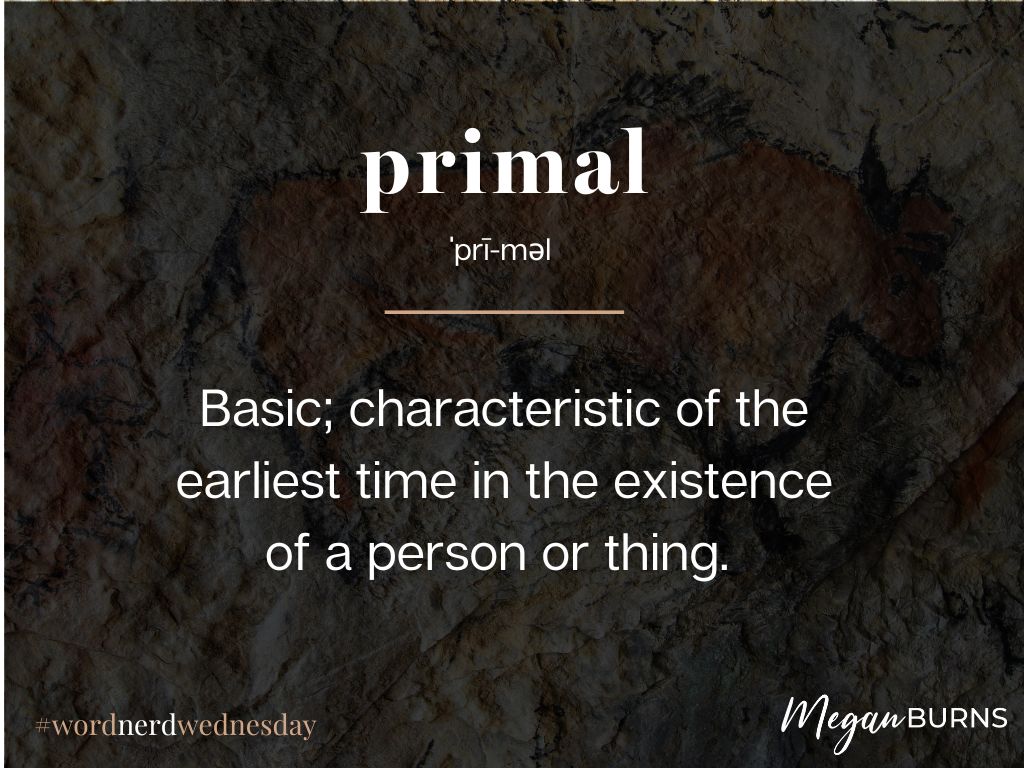“The more things change, the more they stay the same.”
I’ve always believed this, and my belief was reinforced on a recent trip to the UK.
In 10 days, we saw everything from a Neolithic village built 1,500 years before the Egyptian Pyramids to the site where Britain’s spymasters developed real-life versions of James Bond gadgets during WWII. Each site had a unique personality based on years of blending Celtic, Norse, Anglo-Saxon, Spanish, and many other cultures.
In the midst of all this diversity, though, what struck me most is how consistent we humans are.
Across miles and millennia, the same ideas kept bubbling up—the desire for safety and comfort, love, family, a sense of belonging, beauty. The urge to honor those who came before us, have shared experiences, and express how we feel.
It reminded me of an article I read recently in which researchers spelled out a set of 26 criteria they call “Primal World Beliefs.” Each item represents a basic belief about the nature of the world that shapes how they think and what they do.
For example:
- Is the world inherently safe or dangerous? Are threats we think and hear about real or overblown?
- Is the default human nature to cooperate or to compete? Can we really ever be altruistic?
- Is it possible to change, or is our nature fundamentally fixed? If things are fixed, is that at the individual or societal level?
- Is the world inherently structured and organized or chaotic? Can we break everything down into parts that fit together in a clear way?
The ideas in this framework are extremely high-level. The researchers who identified them focus on massive societal trends and issues, not just business.
Beliefs also exist on a spectrum. It’s hard to tease them apart in any precise way. The website says “Disclaimer: Take all of this with a grain of salt. Research is ongoing.”
But if you’re as fascinated by the complexities of human nature as I am, you might enjoy this thought-provoking piece of work: https://myprimals.com/


